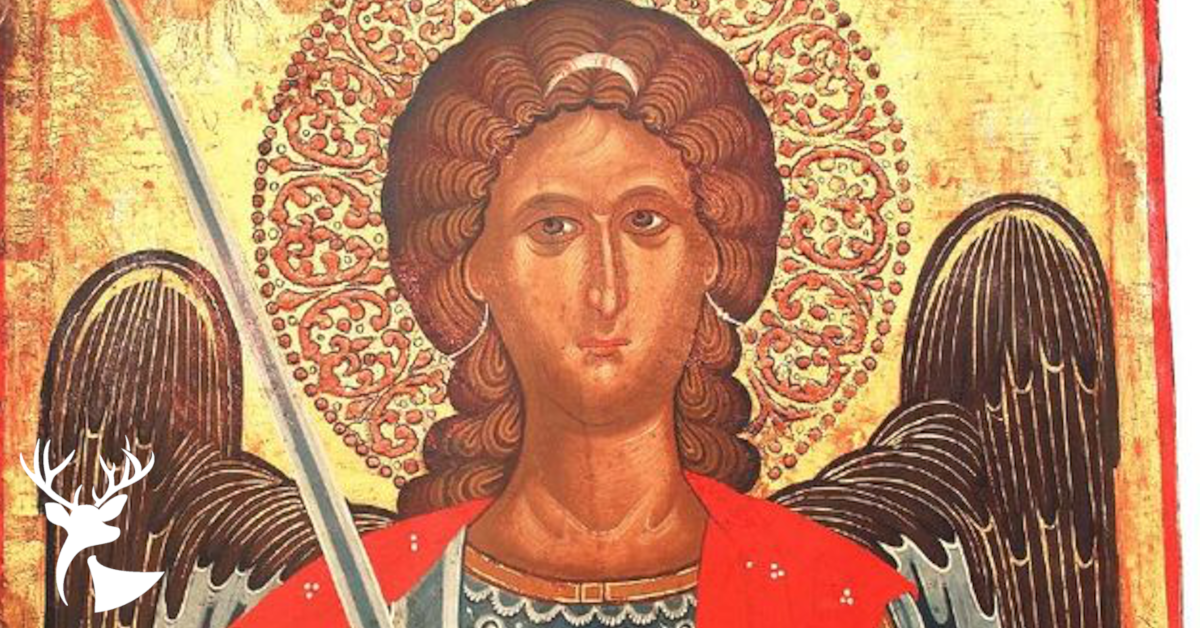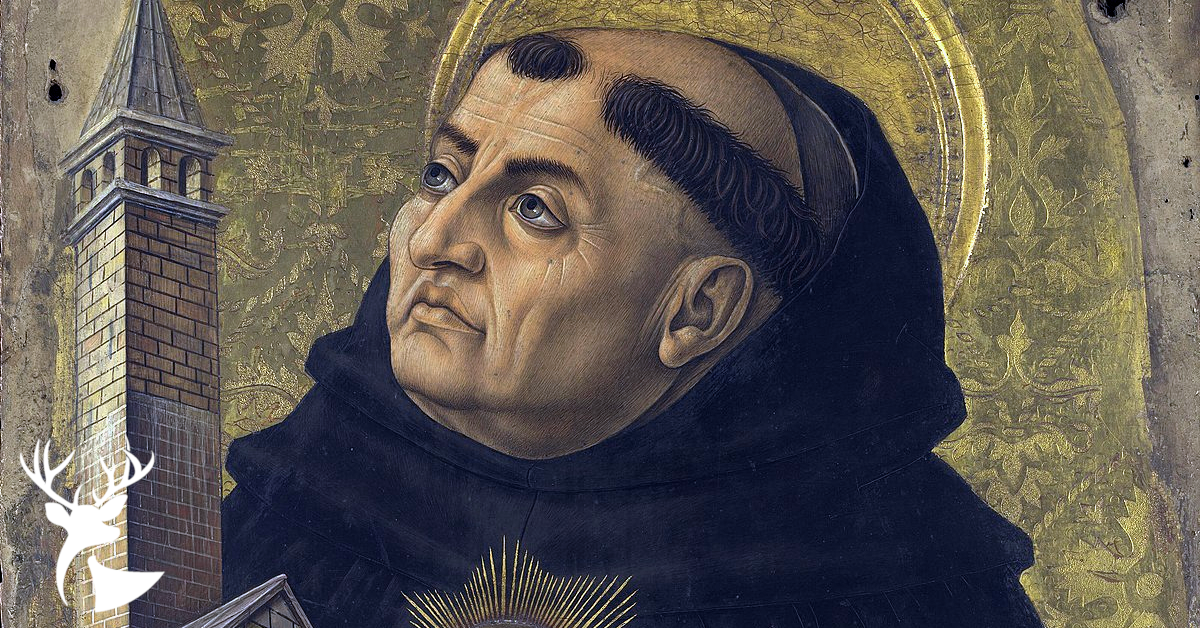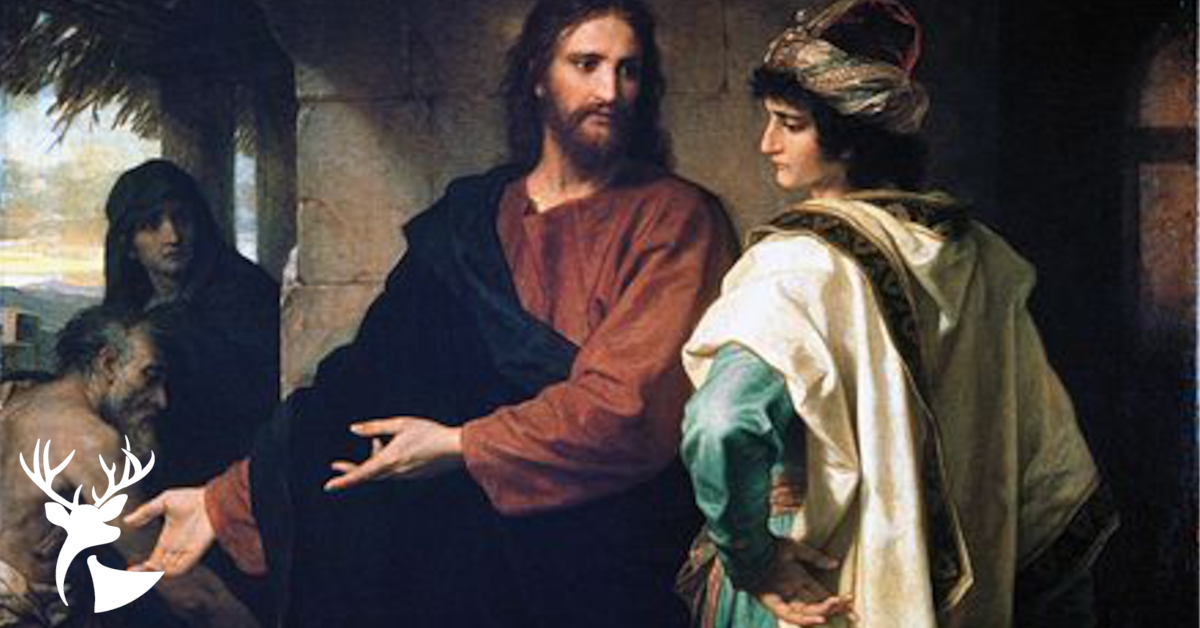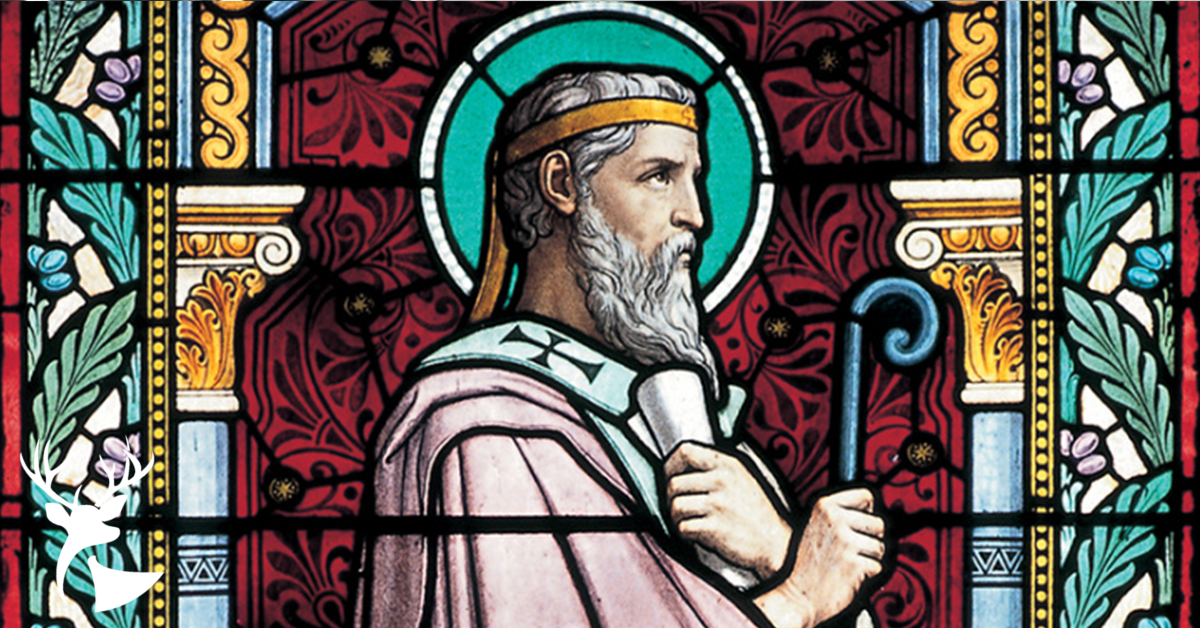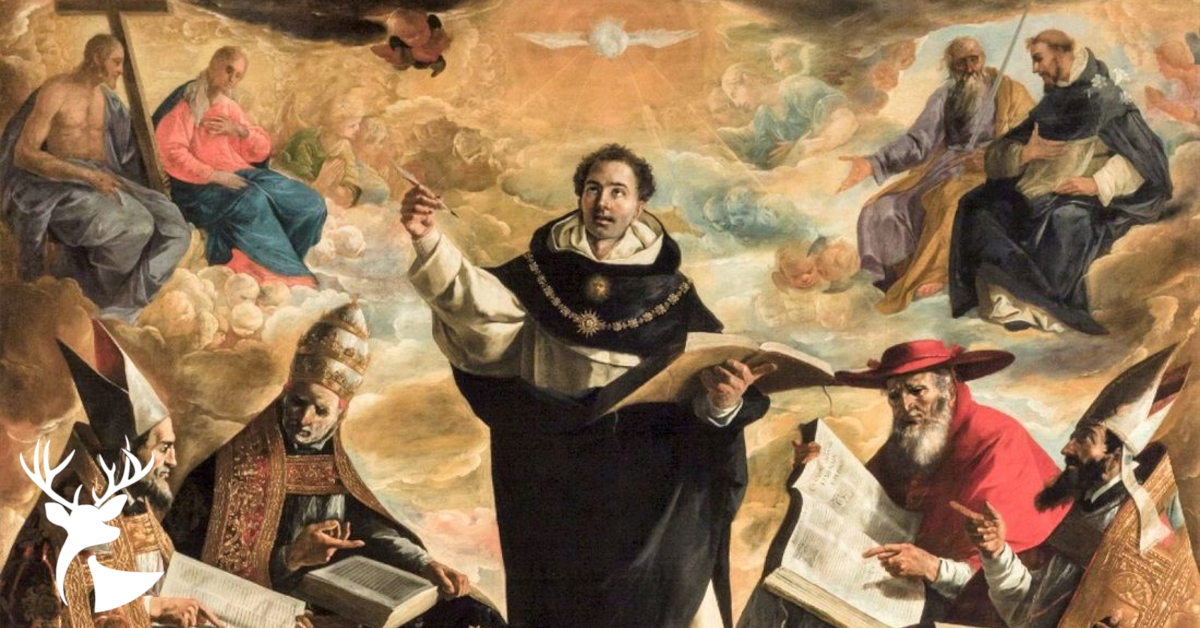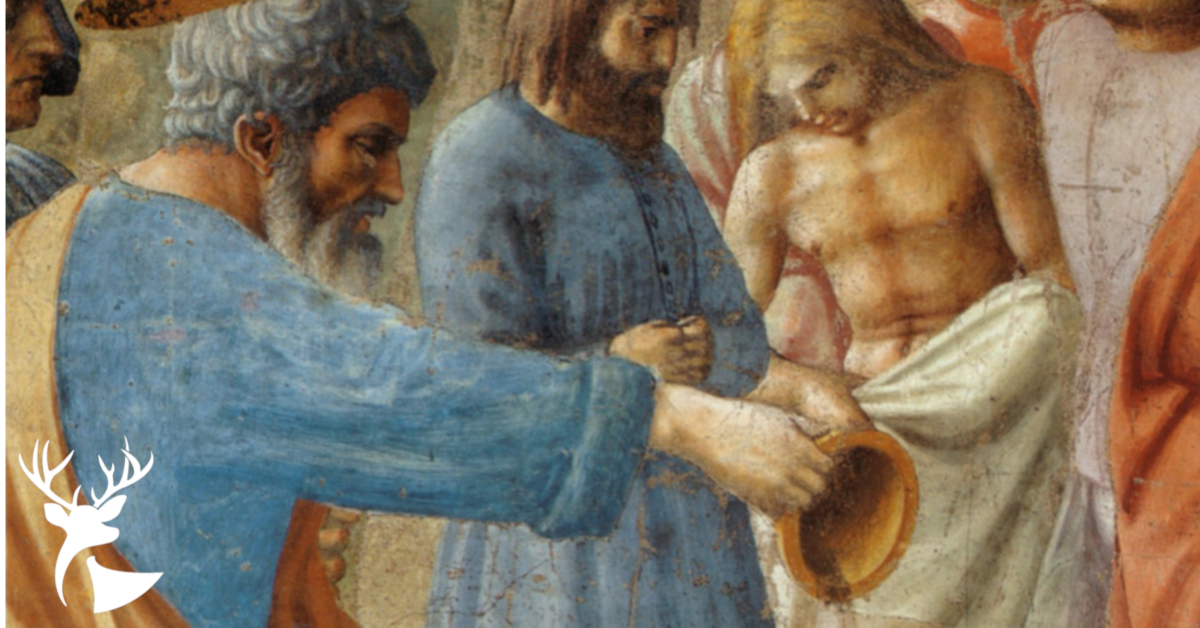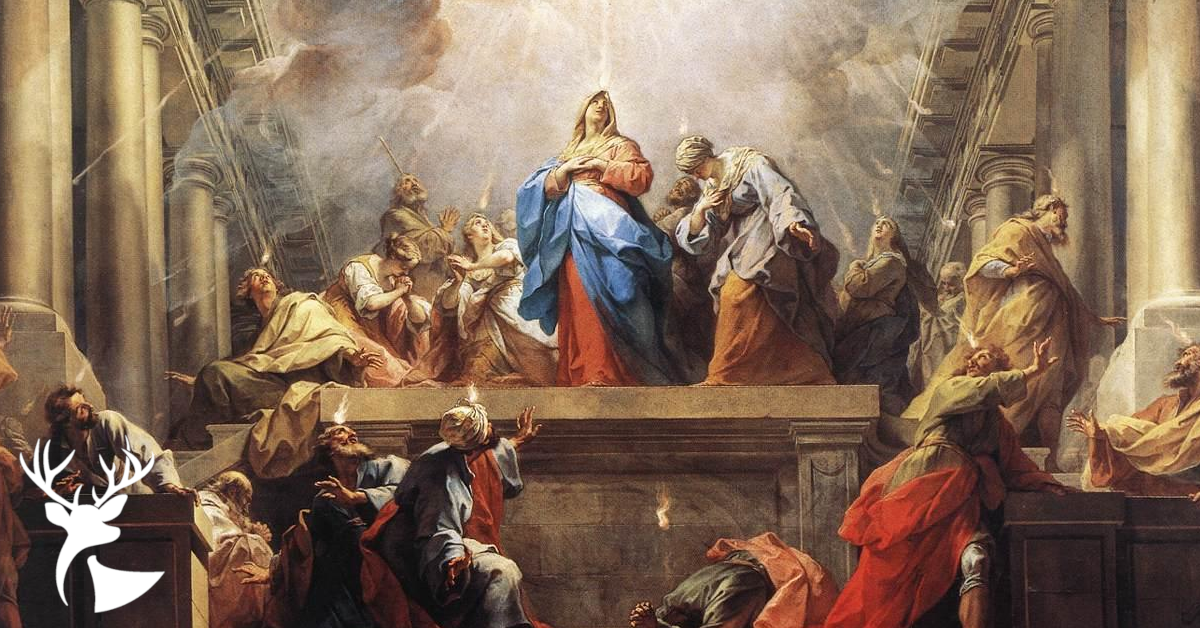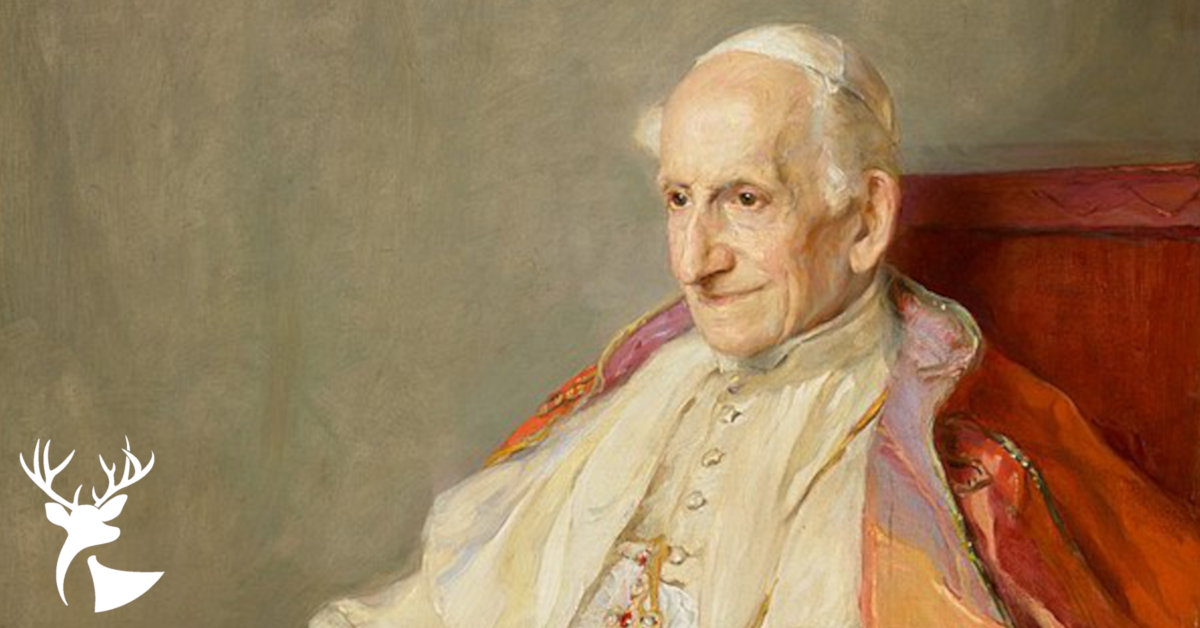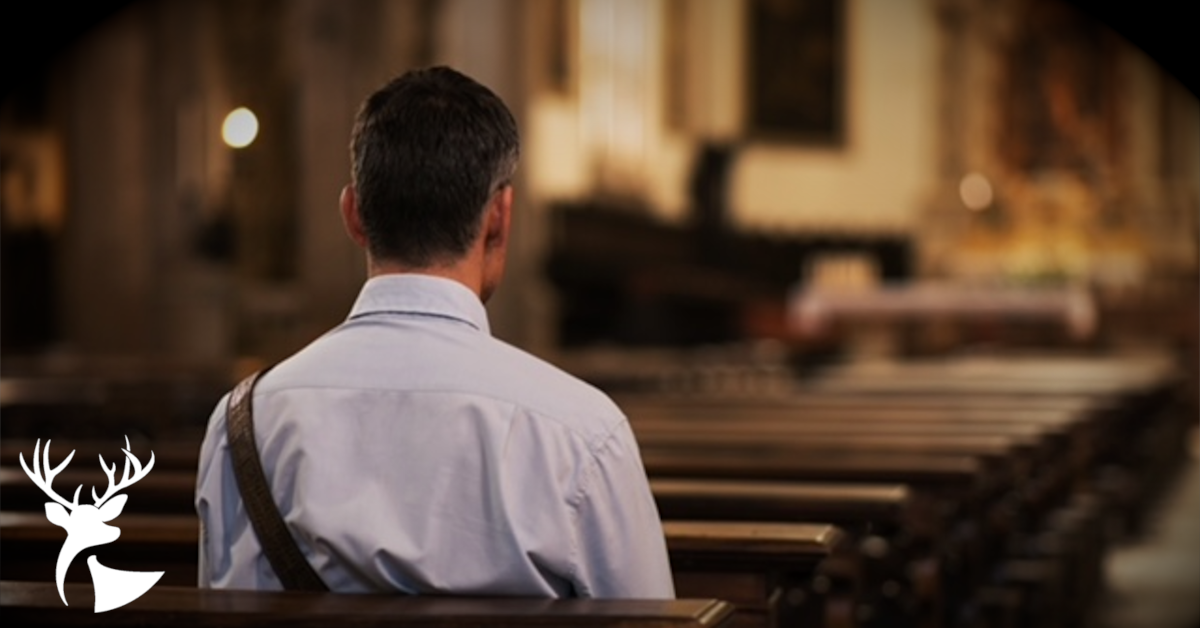Eli Stone has served as a Research and Administrative Assistant for the Alcuin Institute, and presently works with the University of Tulsa.
← Return to EssaysStay Connected!
“Our doctrines appear to be greater than all human teaching; because Christ, who appeared for our sakes, became the whole rational being, both body, and reason, and soul. For whatever either lawgivers or philosophers uttered well, they elaborated by finding and contemplating some part of the Word. But since they did not know the whole of the Word, which is Christ, they often contradicted themselves. And those who by human birth were more ancient than Christ, when they attempted to consider and prove things by reason, were brought before the tribunals as impious persons and busybodies. And Socrates, who was more zealous in this direction than all of them, was accused of the very same crimes as ourselves. For they said that he was introducing new divinities, and did not consider those to be gods whom the state recognized […] he exhorted them to become acquainted with the God who was to them unknown, by means of the investigation of reason, saying that it is neither easy to find the Father and Maker of all, nor, having found Him, is it safe to declare Him to all. But these things our Christ did through His own power. For no one trusted in Socrates so as to die for this doctrine, but in Christ, who was partially known even by Socrates. [In Christ] not only philosophers and scholars believed, but also artisans and people entirely uneducated, despising both glory, and fear, and death; since He is a power of the ineffable Father, not the mere instrument of human reason.”
—Justin Martyr, The Second Apology of Justin Martyr
Not much is known about the life of St. Justin Martyr. A second-century apologist and martyr born around 100 A.D., Justin first began life as a pagan Greek. Dissatisfied with his early studies, he began wandering among the fashionable philosophical schools of his day—from Stoics to Peripatetics to Pythagoreans. Finally, Justin felt some sense of rest in Platonism, but upon hearing of the existence of some prophets who, centuries before, had been animated by the Spirit of the One True God, he became intrigued.
In studying the Christian faith and witnessing the virtuous and ascetic lives led by the Christian faithful, Justin was converted and began to teach Christianity as the “true philosophy.” At one point opening his own school in Rome, Justin came to earn the disfavor of the Roman authorities, and was beheaded for his Christian faith in the 160s A.D. His written work survived him, and he is most known for his two Apologies (“Defenses” of the Christian faith), and his later Dialogue with Trypho, a spirited disputation with a Jew over whether Christ is truly the Jewish Messiah.
In both the First and Second Apology, St. Justin Martyr seeks to dissuade the Roman emperor Antonius Pius and the Roman Senate from continuing the persecution of Christians of his own day. In order to do this, Justin appeals to justice, arguing that the moral and civic virtue of the Christian people makes it manifestly unfair to punish them. Justin argues that the conduct of Christians—including their respect for civil law, abstinence from all crimes and disturbance of the peace, offering prayers for the emperors and governors, and the charitable work of the Church for the poor and needy—rather than earning death sentences, ought to win the praise and favor of the Roman authorities. The life of a Christian, Justin argues, represents that of a model citizen, even better than many other Roman citizens who live their lives undisturbed. And so, justice demands that the persecution of Christians cease.
To build his case, Justin offers a brief summary of various misunderstood points of the Christian faith—allegations of atheism, sorcery, and cannibalism, in particular—many of which had been leveled against Christians as justification for Roman violence. In the course of his arguments, however, Justin frequently compares the teaching of Christians with those of other, earlier Greek and Roman thinkers. By pointing out the similarities between, say, the teachings of Plato and those of Christ, Justin seeks to demonstrate that Christianity is not opposed to, but rather harmonious with, many elements of existing Greco-Roman culture and values.
In light of Justin’s goals, and the widespread religious pluralism of his day, it would have perhaps been easier for Justin to mention only the similarities of these religious traditions—opting to neglect the radical differences between the Christian and the Pagan in order to “smooth over” diplomatic relations. Justin, however, refused to do this; instead, he confidently supports the divergence of Christian faith from many points of Roman religion, especially denouncing the worship of multiple “gods”—whom Justin frequently refers to as “demons.” Throughout his writings, Justin does not only seek to claim that, but also why, giving his Roman audience the opportunity to see that, while Christian tradition diverges from Roman tradition, it does not do so arbitrarily, but for good and compelling reasons.
As Justin’s own conversion was prompted by his learning of the Old Testament prophets, he frequently makes reference to them in his own arguments. If various nomadic and unusual historical figures were, at different times and places across the centuries, capable of foretelling the events of Christ’s birth, life, and death—if this is all true, then surely, Justin argues, these ought to be considered divine signs of authenticity. But perhaps the most compelling evidence in favor of Christianity that Justin finds lies not in the Hebrew prophets of the Old Testament, but rather in the Greek “prophets”: the poets and philosophers.
Immediately before the above passage, Justin explains that the “seed of Reason [Logos] is implanted in every race of men” (II Apology, IIX). This means that all cultures are bound together by access to the same fundamental and transcendental realities such as Truth, Beauty, Uprightness, and the like. These realities are accessible to all by reason; thus those who have the opportunity to exercise their reason most—for example, lawyers and philosophers—often come into contact with these realities, and can “speak well” regarding them. In the works of Homer, Plato, Aristotle, Cicero, and Virgil, one can find a plethora of truths and insights into the nature of reality, God, and the mystery of mankind.
Justin, however, makes a monopolizing claim for the Christian faith: “whatever either lawgivers or philosophers uttered well, they elaborated by finding and contemplating some part of the Word.” That is to say, whatever truths the Greek poets and philosophers encountered through the use of their reason, those truths have their origin in the eternal Word—Jesus Christ. This point is generally summed up in the contemporary maxim “all truth is God’s truth,” though for Justin the idea is more nuanced.
Often, different thinkers will come to different conclusions, and this was no less the case with the Greeks. The reason for this, Justin argues, is because their contemplation of the Word was restricted to only those things which could be known by reason, and so their knowledge of the truth was piecemeal: “since they did not know the whole of the Word, which is Christ, they often contradicted themselves.” The corollary to this is that now, since the Word has been made known through Christ and the Incarnation, we have access to the whole of the Word—through the testimony of the Church, the Scriptures, and the Sacraments. We no longer need suffer the contradictions that arise when we try to probe the mysteries of reality, for Reality Himself has come to us!
“And those who by human birth were more ancient than Christ, when they attempted to consider and prove things by reason, were brought before the tribunals as impious persons and busybodies.” Here, Justin points out that the affinity between certain Greco-Roman philosophers and later Christians is not limited to their shared quest for truth, but also the great sufferings that they both undergo. In particular, Justin alludes to Socrates, who “was accused of the very same crimes as ourselves [specifically, atheism and the corruption of the youth]. For they said that he was introducing new divinities, and did not consider those to be gods whom the state recognized.”
But though Justin sees in Socrates a great friend of the Christian faith, he nevertheless points out the deficiencies in the Greek attempt to comprehend God’s essence by reason alone: “he exhorted them to become acquainted with the God who was to them unknown, by means of the investigation of reason, saying that it is [not] easy to find the Father and Maker of all.” According to the Greeks, only one who had studied philosophy—arduously trying to hone and perfect his thinking for the better part of his life—would have the ability to peek behind the veil of reality and contemplate God; and even then, they would only have a glimpse. In a society where most were slaves, or illiterate, or too poor to afford an education, this meant that almost nobody would have access to God.
“But these things our Christ did through His own power.” That is, Christ Himself, in His own person, makes manifest to us the mystery of the Father, as He explains in John’s Gospel: “Whoever has seen Me has seen the Father” (14:9). Not only that, but Christ Himself declares the mysteries of God to all men: “The only begotten Son, who is in the bosom of the Father, has declared Him” (Jn. 1:18). This means that, as Justin points out, “not only philosophers and scholars” can be taught to understand the mysteries of God, “but also artisans and people entirely uneducated.”
The contrast made between Christ and Socrates here is subtle, but important. As Justin points out, many Greek philosophers were killed for their teachings—some of which, as in the case of Socrates, were true. This made educating an uneducated, illiterate society both difficult and dangerous: “it is neither easy to find the Father and Maker of all, nor, having found Him, is it safe to declare Him to all.” But what the Greeks were unable (and, in many respects, unwilling) to accomplish, Christ brought about through His perfect teaching and example. Both Socrates and Christ died for teaching the truth, but only Christ rose from the dead, “since He is a power of the ineffable Father, not the mere instrument of human reason.”
St. Justin Martyr thus stands out as an early defender of the implicit harmony between Greco-Roman thought and Christian faith. What these “prophets” knew in part, Christ made known in full, not only to the most erudite and sophisticated, but also (and especially) to the simple and lowly. This line of thought allowed later Christians to engage more deeply with the Greco-Roman philosophical tradition; a conversation which subsequently shaped the Western world over the next 1500 years. In many ways, then, St. Justin Martyr can be truly credited as a forerunner to some of the most robust thinkers of the Christian faith, as the trailblazing apologist of a Christianity that could indeed be called “true philosophy.”
More Reading

Eli Stone has served as a Research and Administrative Assistant for the Alcuin Institute, and presently works with the University of Tulsa.


